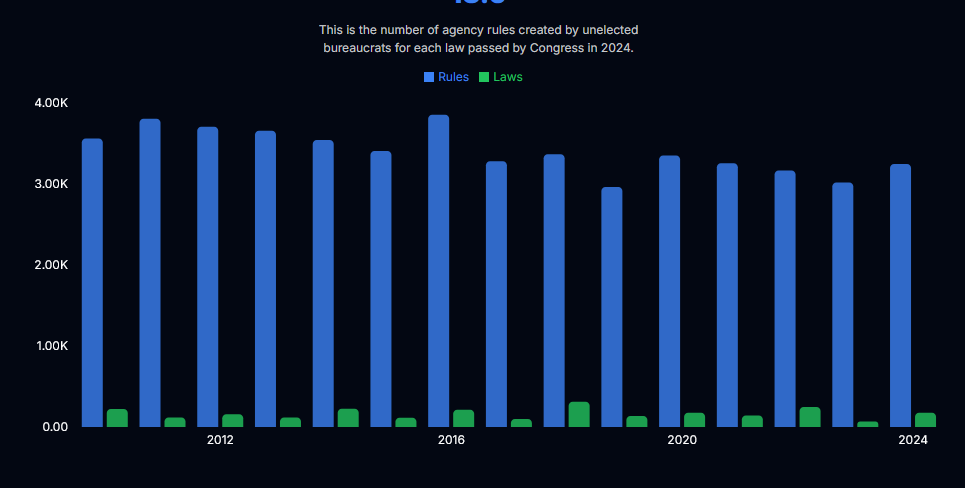What sort of officer does our military establishment really need?
If President Trump and Elon Musk are serious about efficiency at the Pentagon, they might start by reforming SkillBridge. The program began as a well-intentioned effort to reduce veteran unemployment but now pays promising officers to leave the military for careers in investment banking and consulting.
The article’s authors expanded on this:
Junior officers are most likely to separate from the military after five or 10 years, after they have fulfilled their service requirements but before they feel the pull of a generous pension that begins vesting after 20 years. By providing an off-ramp into high-paying corporate jobs during this critical window, SkillBridge gives motivated officers an incentive to leave when they might otherwise have stayed.
The authors’ concerns are, for the most part, valid: the junior officers involved in operations and operations support—loggies and transporters—are the ones on the line, in contact or near contact with the enemy forces, and they’re the ones making the real-time tactical decisions necessary to execute their units’ larger orders regarding that battle and the environment surrounding that battle. These are the ones our military most needs in this context.
The authors concerns, though, are overbroad. While our military branches need some money manager officers, they don’t necessarily need “consultant” officers. What they do need, far more and in sufficient numbers, is what they can least afford to lose: those warfighting and direct warfighting support officers.

